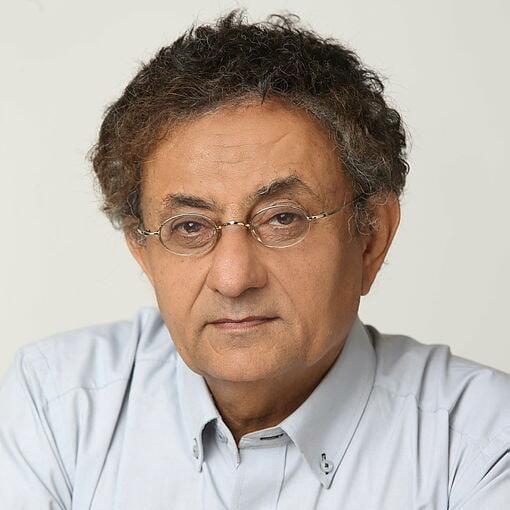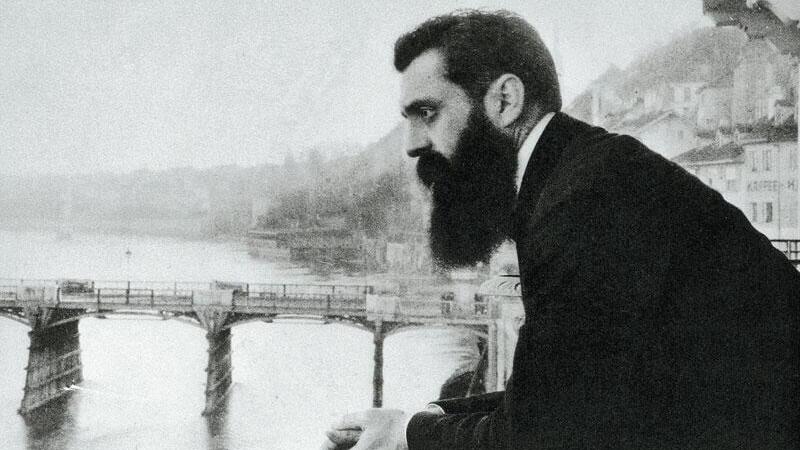The Declaration of Independence holds a place of honor in our celebrations. While it may not be a constitution, it is a foundational document, accorded respect in our Basic Law on Human Dignity and Liberty. This inclusion is essential.
Read more:
The phrase "Jewish state" appears twice within it, while the word "democratic" is notably absent. However, its content, stipulates that Israel "shall uphold complete social and political equality for all its citizens, without any distinction of race, religion, or sex; shall ensure freedom of religion, conscience, language, education and culture; shall safeguard the holy places of all religions; and shall be faithful to the principles of the United Nations Charter." This clarifies that Israel is not only democratic but also liberal in its essence.
In Israel, almost no one questions its nature as a democratic state, even those who advocate for their version of a "slightly more democratic" system. However, there are those who seek to strip Israel of its identity as a Jewish state.
So far, these voices have mainly come from the extreme left, the anti-Zionists, who repeatedly chant the worn-out refrain that there is a "contradiction between being democratic and being Jewish." They have representation in two of the most influential spheres globally: the media and academia, and even in the newspaper "Haaretz," which leans less and less toward Zionism. This is democracy in action. Opposition to the very essence of Israel is also an expression of freedom of speech and democracy.
Indeed, this is not just a marginal debate. It is now the editor of "Haaretz," Aluf Benn, who, with all due respect, published an article a week ago under the title "Jewish and Democratic? It's Time to Erase the Word 'Jewish'." It's worth reading and shaking our heads in disbelief.
The messianic fervor on the right wants to abandon the "democratic" part, while the messianic fervor on the left wants to abandon the "Jewish" part. Is there something so shameful in the assertion of "Haaretz's" editor about the "Biblical journey to erase the Declaration of Independence," dedicating an entire article to trample the core essence of Israel's Declaration of Independence? A Jewish state. Did he completely turn a blind eye to the historical facts?
Even in days of division, discord and disagreements, the common ethos and the common denominator remain "Jewish and democratic." It's what binds us together. On the day when, God forbid, the nightmare vision of Israel without "Jewish" comes true, it will become a state of exile. There will be no Law of Return. Palestinians will demand, and presumably receive, the "right of return." The only reason Israel, despite being in the Middle East, is still a democracy is because it is both Jewish and home to a Jewish majority.
The far-right, indeed, wants to give up on the democratic part to establish a greater Jewish state, from the sea to the Jordan river, under Jewish rule. Jews only. And the far-left, alas, wants to give up on the Jewish part. This is a divisive conversation. An anti-Zionist conversation from both extremes.
Balfour, but not only
It is essential to look at the historical context. The persecution of Jews lasted for thousands of years, not just starting in the late 19th century. Movements with messianic aspects, particularly Christian ones, supported the return of Jews to Zion (which is also detailed in Michael Oren's excellent book, "Power, Faith and Fantasy"). However, the Jews themselves did not embrace this idea. So what happened at the end of the 19th century that was different? Well, Theodor Herzl indeed played a significant role in this context. There's no doubt about it. But political Zionism arose because of the renewed awakening of national movements against imperial and colonial rule during those years. They demanded freedom, independence and, essentially, the right to self-definition.
The Balfour Declaration was granted not solely due to Herzl's efforts but also because of international recognition of the principle of self-determination. In fact, the French Foreign Ministry issued a similar statement, asserting a national home for Jews, a few months before the Balfour Declaration. And the Balfour Declaration was coordinated with other countries, mainly thanks to the work of Nahum Sokolow, who lobbied among heads of states, including the Pope. Even U.S. President Woodrow Wilson supported the declaration and shortly thereafter published his "Fourteen Points," which were based on the principle of self-determination.
During these days, some are attempting to portray Zionism as merely a colonialist movement. Nothing could be further from the truth. The principle of self-determination that Zionism demanded was inherently anti-imperialist and anti-colonialist.
However, the claim that Herzl intended a "Jewish state" and not a "state of the Jews" is baseless. This assertion has already been debunked in thorough research by Yoram Hazony. Herzl used both terms, "state of the Jews" and "Jewish state." To dispel any doubt, in his first address at the Zionist Congress, Herzl even stated: "Zionism is returning to Judaism long before it returns to the land of the Jews." Of course, he did not refer to the Judaism of the ultra-Orthodox bloc.
The national era is here
Moreover, the idea that the national era is over, as many argue, does not align with historical facts. Quite the opposite is true. During the dissolution of the British Empire, it fragmented into 15 nation-states. And when Russia refused to recognize Ukraine's national independence, all those newly formed nation-states rallied behind Ukraine. Czechoslovakia split into two nation-states. Yugoslavia disintegrated into seven ethno-national entities. Palestinians demand national self-determination, and the "Haaretz" newspaper is a prominent supporter of this demand.
In practice, most countries in the world were established on the basis of a shared identity – in other words, as nation-states. So, why should Israel be denied the right to national self-definition? Indeed, Judaism encompasses both religion and nationality, but Israel is not unique in this regard. Armenia is a clear-cut nation-state based on religion and nationality. The same applies to other countries, including Western nations with a constitutional foundation in religious traditions. Muslim-majority countries also follow this pattern. Minorities and immigrants are often required to pledge allegiance to a state that includes religious elements in its constitution, and sometimes even sing a national anthem with religious symbolism. But it's a different story when it comes to Israel. It's a case of discrimination dressed up as secularism.
What has changed since '96
During the Oslo Accords era, cries emerged from certain Arab-Israeli groups calling for the dismantling of Israel's Jewish character. A prominent and enlightened newspaper took a firm and resolute stance against these demands. In an editorial at the time, it was stated:
"The Arab minority is correct when demanding full equal rights, but there is one area where the Jewish majority has the right to express its position and advise the Arab minority to heed it: the majority of the state's citizens will not tolerate political movements that call for undermining the Jewish character of the country. This state was established to provide a national home for the Jewish people. The Jewish people constitute a unique ethno-national entity that combines religion and nationality, and no rhetoric can change this fact. Therefore, the rules of the political game in Israel are derived from the axiom that it is a Jewish state, and no political force can expect to challenge this."
And if it's still not clear, this was an op-ed piece published in "Haaretz" on February 12, 1996, under the title "Identity and Civic Equality." The article firmly asserted that there is no literal phrasing that can nullify the axiom that Israel is a Jewish state, not even the regrettable verbal gymnastics employed by the editor of "Haaretz."



